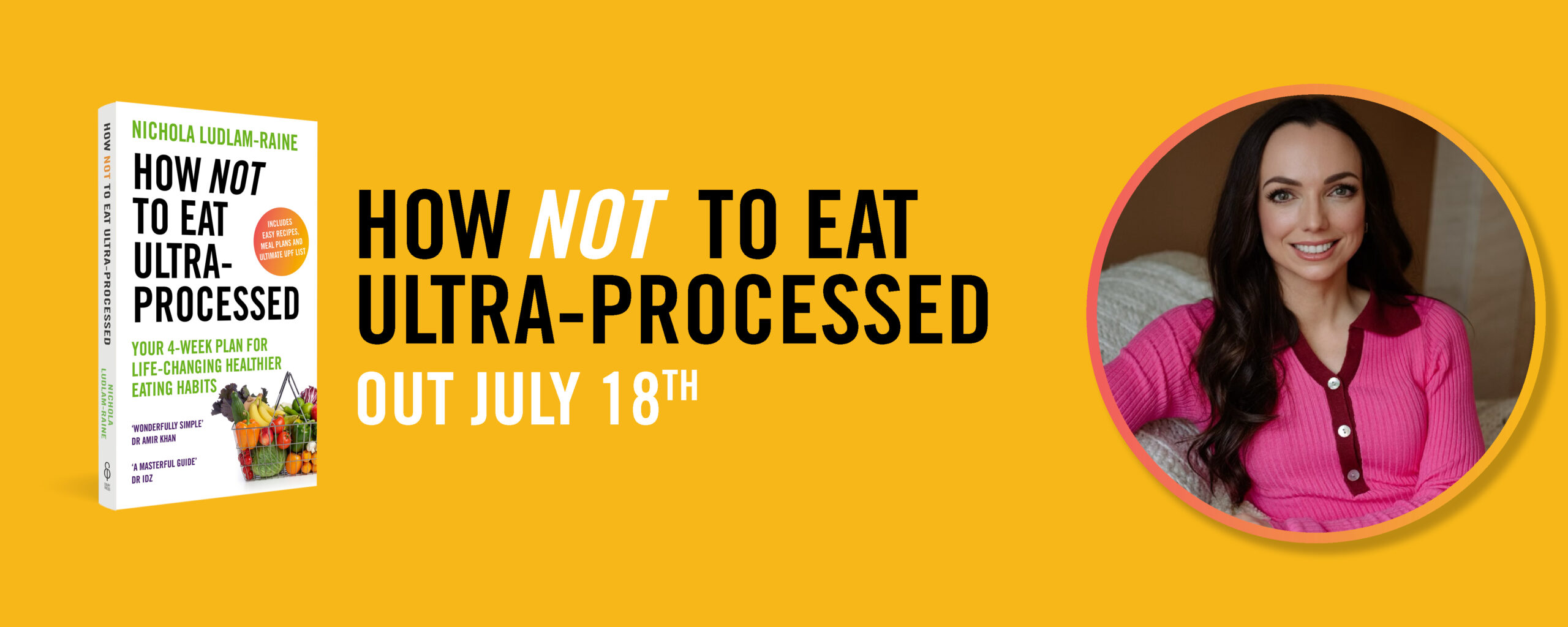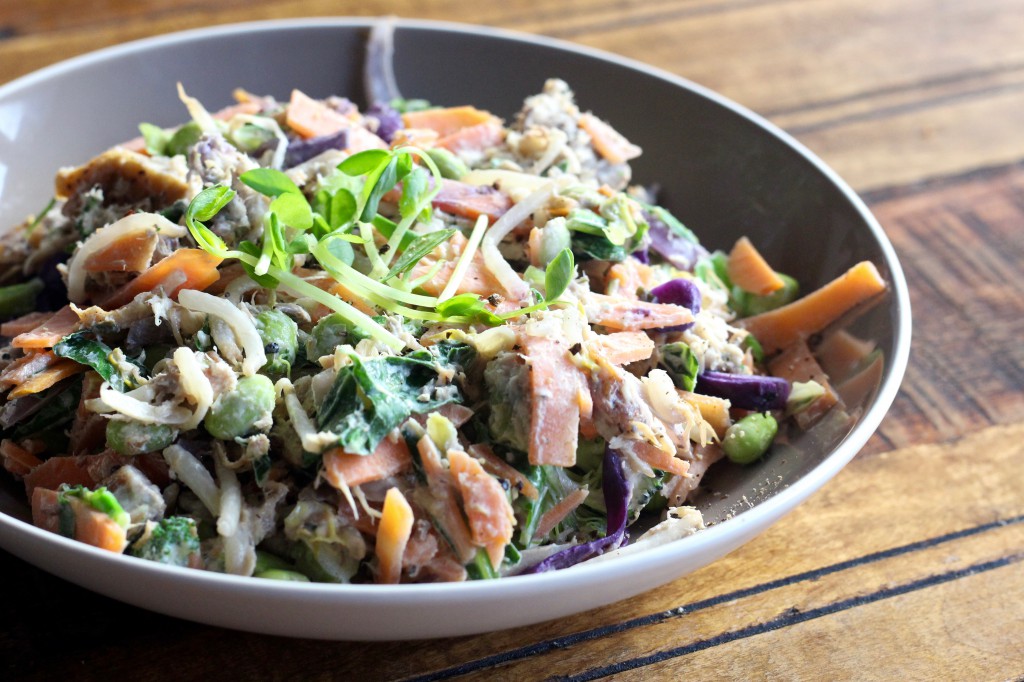
WHAT IS THE BEST DIET TO FOLLOW FOR WEIGHT LOSS?
I recently attended a BRILLIANT dietetic study day on obesity and I thought I would share with you the most interesting points that I learnt; after all, it’s why you follow my blog right?!
Below is what the current EVIDENCE BASE says.. NOT what your mate who read that article on the internet says 😉 .. I would love to hear your thoughts in the comments below and hope you find it useful.. feel free to share this post to help spread the message OF WHAT REALLY WORKS!!
- 1) LOW CARBOHYDRATE DIETS..
Defined in this case as less than 130g carbs a day, there is SO much hype about this type of ‘diet’ on the internet. For weight loss, low carb diets DO appear to be effective HOWEVER there appears to be little superiority over other dietary interventions. In fact, it’s the adherence to a dietary intervention rather than macronutrient content that appears to predicts weight loss.
Regarding the effects of low carb diets on heart health, there are both positives and negatives and at this moment in time we don’t know the long term effects. Lower carb diets do appear to beneficial in controlling blood glucose levels in type 2 diabetes HOWEVER there is little evidence on the effect irrespective of weight loss.
Having said this though, we eat food, NOT macronutrients. And there are in fact a variety of eating patterns associated with good health and longevity including:
- Traditional high carb (up to 70%) diets e.g. Asian style
- Vegetarian and Vegan Diets
- Mediterranean Style Diets
- DASH-Style (low salt) Diets
And helpful eating patterns (for both health & weight loss) include:
- Basing eating on a variety of plant based foods; fruit, vegetables, wholegrain and legumes.
- Eating moderate amounts of protein; seafood, lean meat, eggs, nuts and low-fat dairy.
- Limit red meat, refined grains, added sugar, sugary drinks and processed foods.
So there really in no need to eat ‘low-carb’ if you live for your daily intake of bread/rice/potatoes :).
- 2) INTERMITTENT FASTING..
Defined in this case as severely restricting calorie intake on 2 or 3 days of the week, there is A LOT MORE RESEARCH TO BE DONE in this area, in fact, there are more books on intermittent fasting than people who have been studied on it (!).
Animal studies since 1946 show both positive and negative outcomes, and in humans intermittent fasting seems to produce similar weight loss results to continuous restriction i.e. consuming slightly fewer calories on 7 days of the week. Some studies do however find that intermittent fasting is easier to stick to; which comes down to the ADHERENCE point again.. which ever style of healthy eating suits your lifestyle the most is the one for you! On a positive note though there appears to be no evidence that intermittent fasting leads to disordered eating or unhealthy diets when healthy eating advice is given for the remaining days of the week.
- 3) BARIATRIC SURGERY..
AKA obesity surgery and the field in which I predominantly work. Bariatric surgery still remains one of the most effective strategies for weight loss/weight loss maintenance for people with a BMI of over 40 and it improve diabetes control. Hunger hormones appear to be lower after gastric bypass surgery, and fullness hormones appear to be higher. Bariatric surgery does come with RISKS though including addiction transfer, internal hernia, abdominal pain and nutrient deficiencies. Data currently shows that at 3 years you can expect to have lost 50 to 60% of your excess body weight (excess body weight = weight at time of surgery – weight at BMI of 25).
Gastric Banding produces a slower rate of weight loss however there is a lower risk of nutrient deficiency and there appears to be similar results to the gastric bypass and sleeve at 3 years.
Find out more about bariatric surgery [on NHS Choices], including to see if you are eligible.
- 4) GENETICS & PERSONALISED NUTRITION..
It’s true that genetics (our genes) count, but it seems that our environment matters more when it comes to our weight. This means, if your parents are obese, you are more likely to be obese BUT this doesn’t mean that you WILL be obese.
Dr Giles See How Yeo explained that your genes are like a hand of poker.. you can win with a bad hand and you can lose with a good hand.
Leaving aside rare defects, you CAN do something about your risk of obesity if you have so called ‘obesity’ genes. The choices you make, regardless of your genes, influence weight.
There is growing evidence for the area of ‘personalised nutrition’ based on your genes, and I am excited to see what more research brings!
- 5) FORMULA VERY LOW ENERGY DIETS..
Losing 5-10% or even 15% of your body weight if your BMI is over 30 is recommended to improve your health. Meal replacement shakes +/- food (providing 800-1200 calories) have been studied for the last 85 years and can be used under medical supervision with counselling before hand.
There does appear to be benefits when food is taken out of the equation altogether however very low energy diets aren’t without the risk of adverse events such as dizziness and hair loss. A slow reintroduction in meals/food in also recommended for optimal results, as well as frequent contact with the health care professional involved in the dietary treatment plan.
Summary
As you can see there isn’t one way to lose weight and it certainly doesn’t have to be ‘all or nothing’. I’ve mentioned here some quite ‘controversial’ weight loss methods and have summarised the evidence behind them – the key does however seem to be in the ADHERENCE.. i.e. choose a dietary plan that you can stick to (for example my preferred way of eating is the Mediterranean Style diet; lots of fish, fruits, veggies, olive oil and whole-grains, and only small mounts of more processed foods).
I promote the 80/20 rule (and always have done!), which means there ISN’T a need to eat healthy wholesome foods ‘all the time’ .. it’s all about balance and moderation.. think damage limitation rather than deprivation.. Oh and a little exercise doesn’t do anyone any harm either!!
I really hope that you’ve found this blog post interesting!
*Thank you to all of the speakers at the BDA study day who inspired this blog post including: Dr Pamela Dyson, Dr Michelle Harvie, Mr RIchard Welbourn, Dr Giles Yeo, Marietta Abrahams and Adrian Brown.






Great post Nic 🙂 would you recommend keeping a food diary to lose weight? I tend to graze a lot and was wondering if this would help me stop! Thanks. K x
Thanks Kate 🙂 Definitely! I wrote a whole blog post on the power of a food diary 🙂 Give it a go! xx